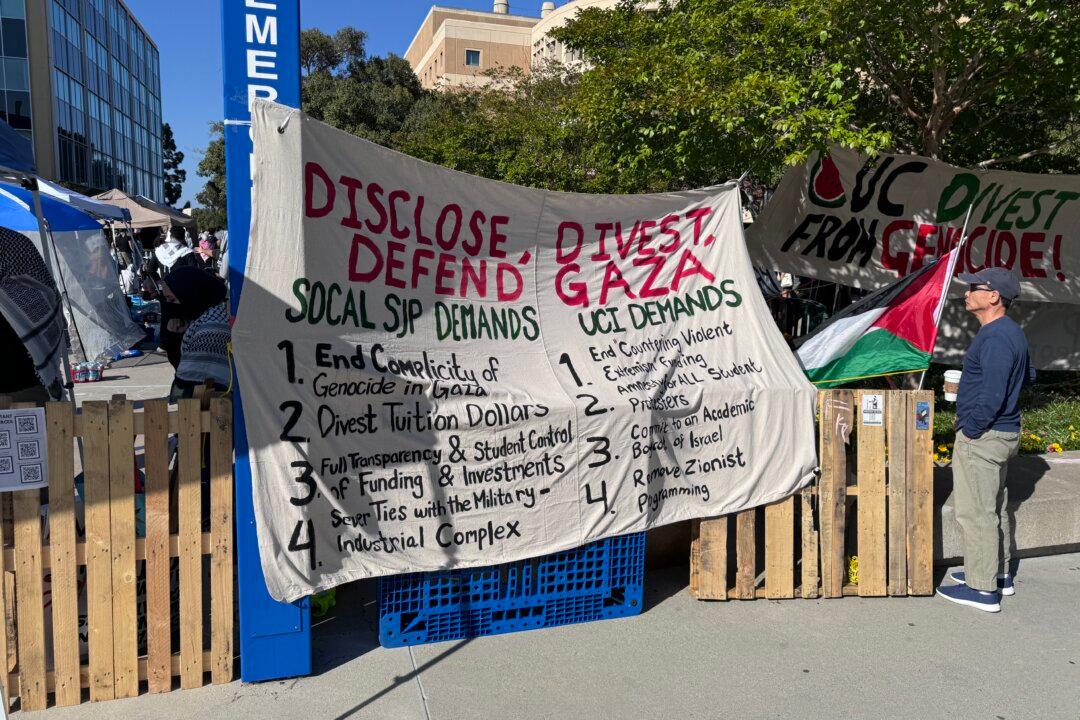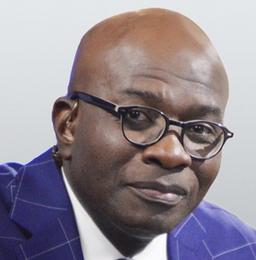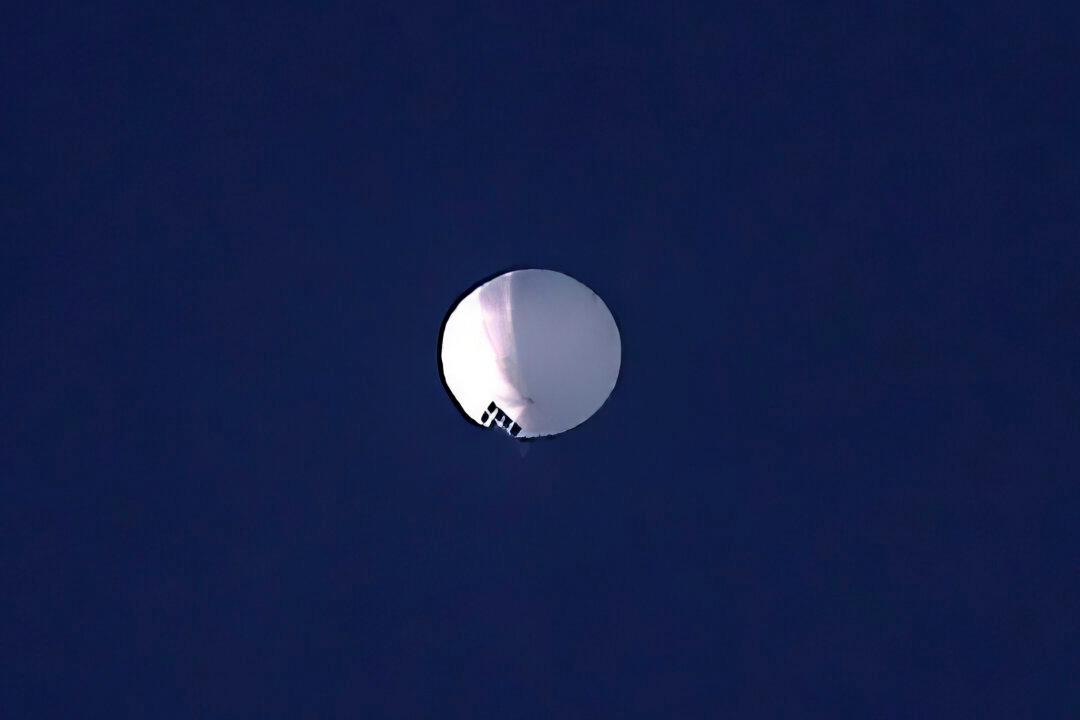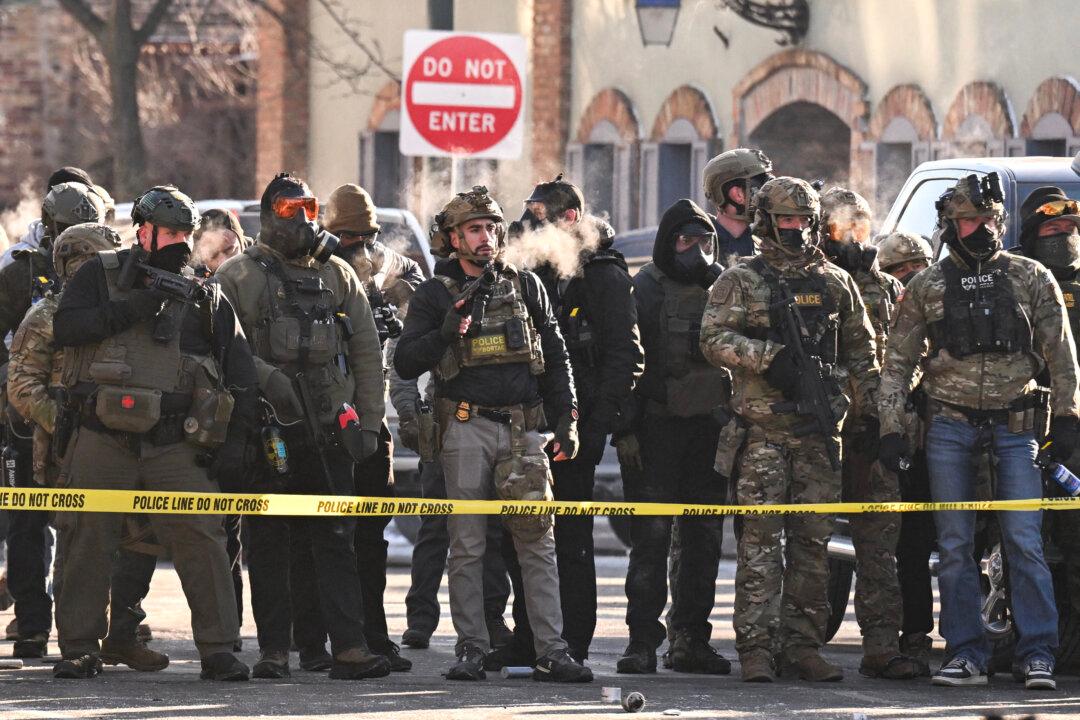Commentary
Freedom of speech protects speech that is both loved and hated. The U.S. Supreme Court instructed in Terminiello v. Chicago (1949): “[A] function of free speech under our system of government is to invite dispute. It may indeed best serve its high purpose when it induces a condition of unrest, creates dissatisfaction with conditions as they are, or even stirs people to anger.”





